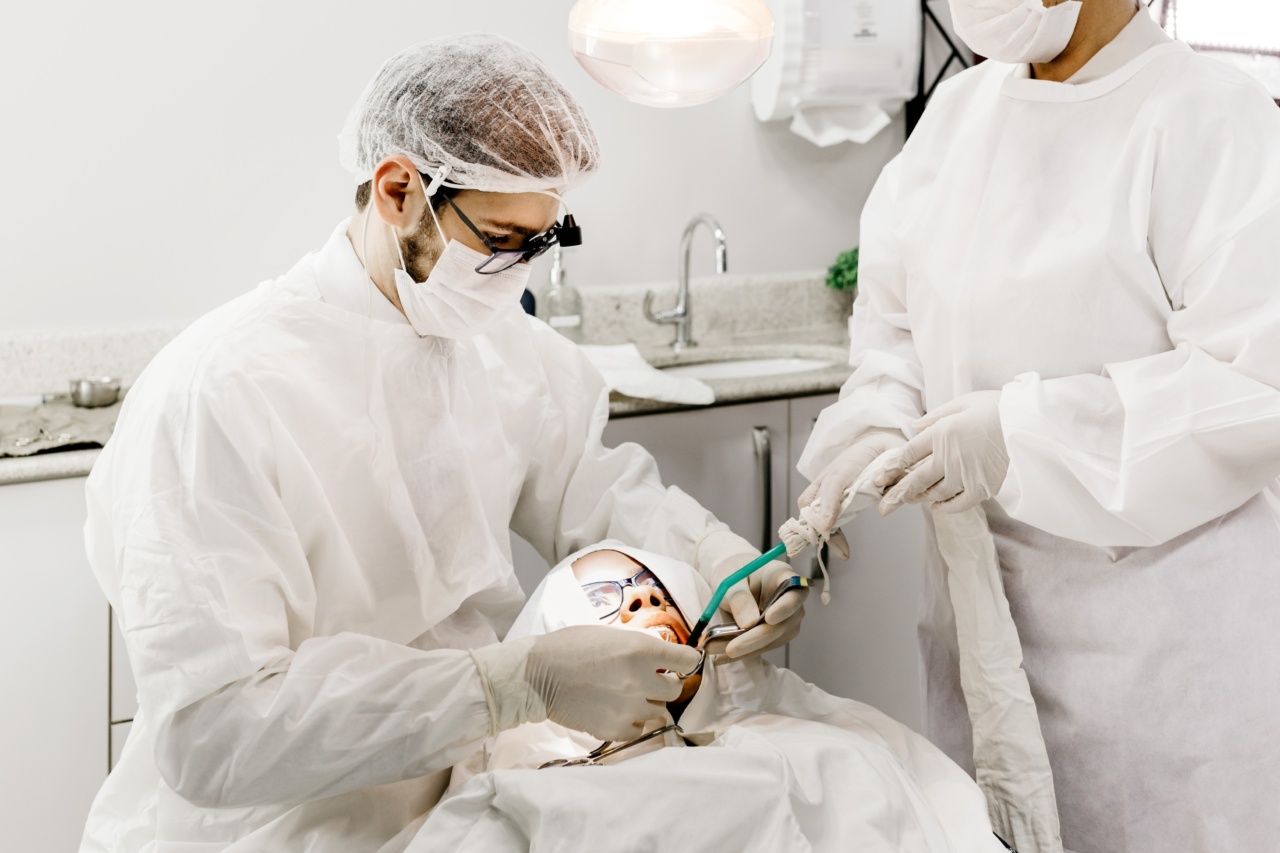Having white, gleaming teeth is often associated with good oral hygiene and a youthful appearance. Unfortunately, many factors can cause teeth to discolor and lose their sparkle over time.
Understanding the reasons behind teeth discoloration and knowing how to prevent it can help keep your smile bright and vibrant. In this article, we will explore the various causes of teeth discoloration and provide tips to stop it from happening.
Causes of Teeth Discoloration
1. Poor Oral Hygiene: Inadequate brushing and flossing can lead to the build-up of plaque and tartar on your teeth, causing them to appear yellow or stained.
2. Food and Beverages: Certain food and drinks, such as coffee, tea, red wine, and dark-colored fruits like blueberries, can stain the enamel of your teeth over time.
3. Tobacco Use: Smoking or chewing tobacco can cause significant tooth discoloration. The tar and nicotine present in tobacco products can turn your teeth yellow or even brownish.
4. Aging: As we age, the outer layer of enamel on our teeth naturally wears down, revealing the yellowish dentin layer underneath. This can make our teeth look dull and discolored.
5. Genetics: Some individuals may be genetically predisposed to have teeth that are more prone to discoloration.
6. Medications: Certain medications, such as antibiotics like tetracycline, antihistamines, and high blood pressure drugs, can cause tooth discoloration when taken for extended periods.
7. Dental Trauma: Injuries to the teeth, either due to accidents or sports-related activities, can cause them to become discolored.
8. Fluorosis: Overexposure to fluoride during tooth development, especially in childhood, can cause white spots or brown stains on the teeth.
Preventing Teeth Discoloration
While it may not be possible to completely avoid teeth discoloration, there are several preventive measures you can take to keep your smile bright and avoid further staining.
1. Maintain a Consistent Oral Hygiene Routine: Brush your teeth at least twice a day with fluoride toothpaste and floss daily to remove plaque and prevent tartar build-up.
2. Limit Foods and Beverages that Stain: Cut back on or avoid consuming highly pigmented foods and drinks like coffee, tea, red wine, and dark berries.
If you do indulge, rinse your mouth with water afterward and brush your teeth 30 minutes later.
3. Quit Tobacco Use: If you smoke or chew tobacco, quitting can not only help prevent teeth discoloration but also improve your overall oral health and reduce the risk of gum disease and oral cancer.
4. Use a Straw: When enjoying beverages that may stain your teeth, such as coffee or soda, consider drinking through a straw to minimize contact between the liquid and your teeth.
5. Opt for Whitening Toothpaste: Look for toothpaste that contains whitening agents like hydrogen peroxide or baking soda, which can help remove surface stains and brighten your teeth over time.
6. Regular Dental Cleanings: Schedule regular professional cleanings with your dentist to remove surface stains and keep your teeth and gums healthy. They can also offer professional teeth whitening treatments if desired.
7. Be Mindful of Medications: If you are taking medications that are known to cause tooth discoloration, speak to your dentist or healthcare provider about possible alternatives.
8. Protect Your Teeth: If you engage in sports or physical activities that pose a risk of dental trauma, wear a mouthguard to protect your teeth from potential discoloration or damage.
9. Drink Plenty of Water: Drinking water throughout the day helps wash away food particles and reduces the likelihood of stains setting on your teeth.
10.
Consider Professional Teeth Whitening: If your teeth are severely discolored and at-home remedies don’t provide satisfactory results, consult a dental professional who can recommend appropriate whitening treatments tailored to your needs.
Final Thoughts
Teeth discoloration can be caused by a combination of factors, including poor oral hygiene, certain foods and beverages, tobacco use, aging, genetics, medications, dental trauma, and fluorosis.
Maintaining a consistent oral hygiene routine, avoiding stain-causing substances, quitting tobacco use, using whitening toothpaste, scheduling regular dental cleanings, and protecting your teeth are effective ways to prevent teeth discoloration. However, it’s important to remember that not all discoloration can be prevented, and professional treatment may be necessary for desired results.
Ultimately, embracing good oral habits and seeking appropriate dental care can help keep your smile bright and prevent future discoloration.




























